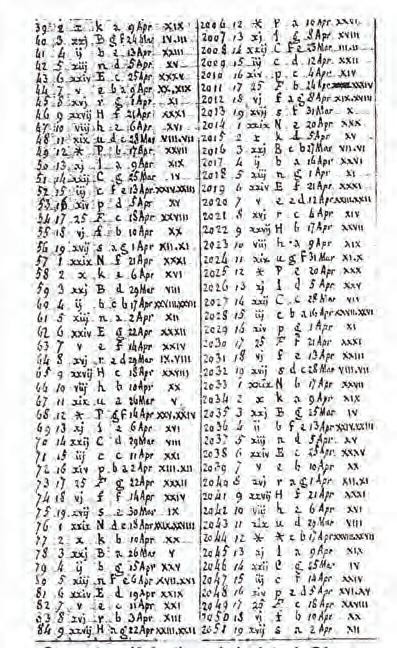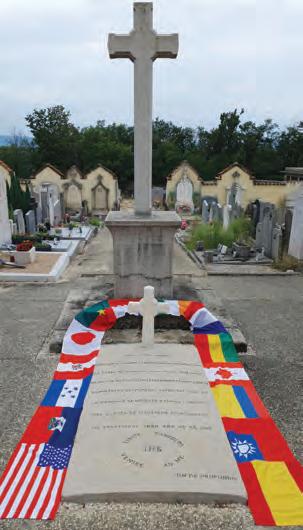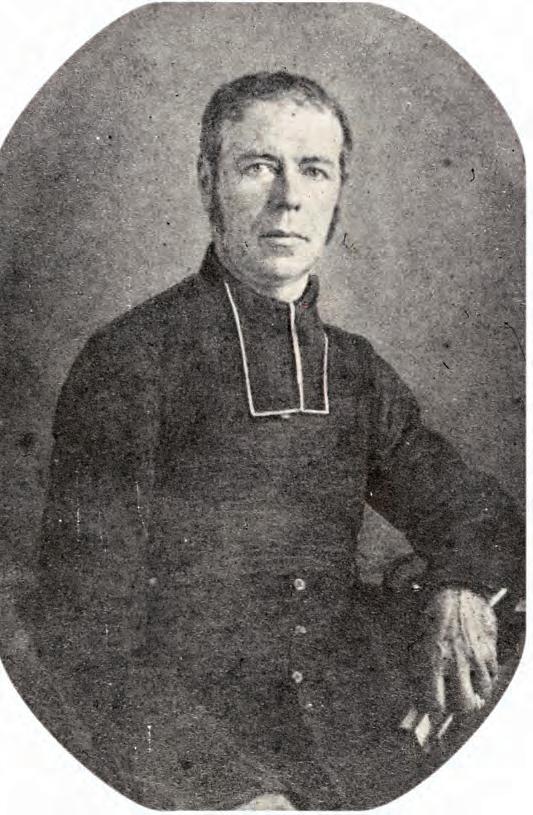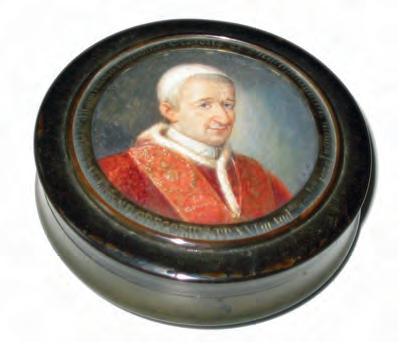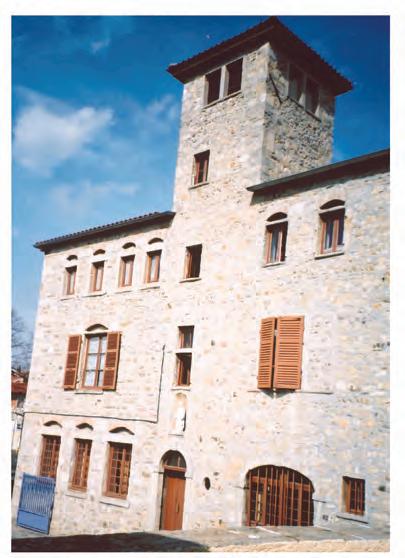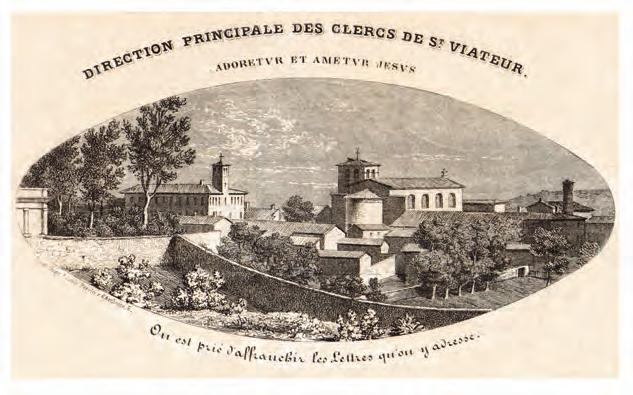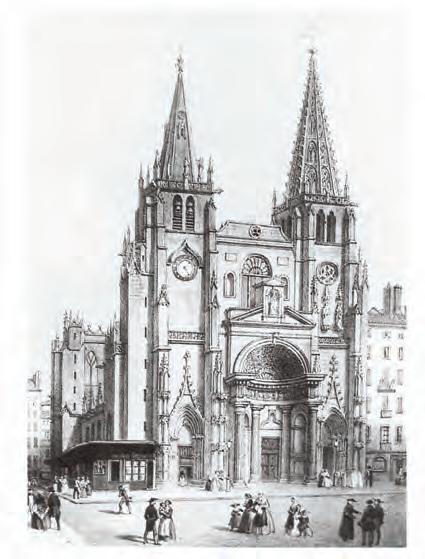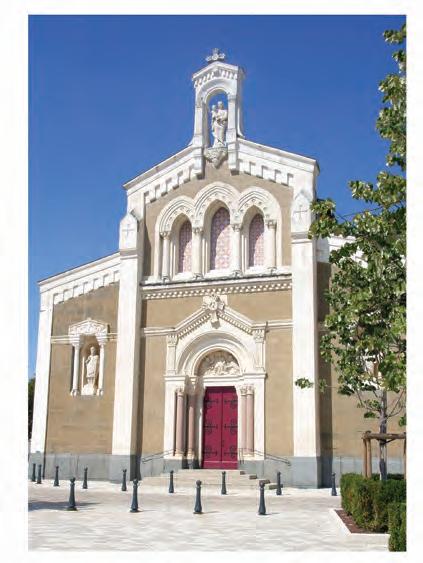Catechists for Small Parishes The pastor of the neighboring parish in Brignais also had a young teacher to train. He asked his friend Querbes to let him join Magaud during his training. The pastor of Vourles became aware of the need. “Surprisingly I was dreaming of how much of an advantage it would be for my confreres to have the same kind of teachers and companions that I have been blessed to have”. The idea of doing something in the field of the formation of Christian teachers was born. It was toward the end of 1826, wrote Fr. Querbes in 1839, “that the founder of the Clerics of Saint Viator first conceived the plan of this society.” The project was going to mature for two years while he was disturbed by two choices he was given by the Bishop’s Council: to become the director of the minor seminary of Saint Jodard or to help the priest Vincent Coindre who had become head of the Brothers of the Sacred Heart. But Fr. Querbes refused and held on to an idea, which, as he wrote to Bishop de Pins, “kept coming to his mind, even at the altar. It is an idea that he had examined before God for several years.” Little by little the project began to take shape. It consisted of creating “a seminary for parish schoolteachers.” One must understand the word “seminary” in a wider sense: a place to learn a profession. “These teachers would be more than ordinary teachers: the proposal was to found a school which would train pious parish school teachers for rural parish schools, who would also be altar servers and sacristans under the leadership of the local pastor as well as under the authority of the local Ordinary (bishop). They would either remain celibates, or later on they might get married.”
Vourles, the ‘Berceau’ (Motherhouse) (photo Michel Chabert)
He did not only want to train teachers — in this field nothing had been done before — but take advantage of the creation of primary schools where the teachers could also become pastoral associates with the ability, in parishes lacking the means, to teach the catechism with competence, to sing in church, and to assist the parish priest who was often alone and isolated. To describe this multi-talented person, Fr. Querbes used the expression of the day, “lay minister”, and especially another term that he invented: “parish minister”, or simply “catechist”. The project became a part of the movement of re-Christianization, which was a hallmark of the Restoration in the diocese. However, the pastor did not intend to found a religious congregation. The project was intended for experienced teachers or for people who wanted to enter the profession whether they were married or not. The first drafts of the statutes, however, envisioned more demanding requirements for members who remained celibate: to live according to the rules of pious associations. Their mission was clear and it is articulated by article 4 of the statutes: “whatever the particular vocation of the catechist… he should not
4

